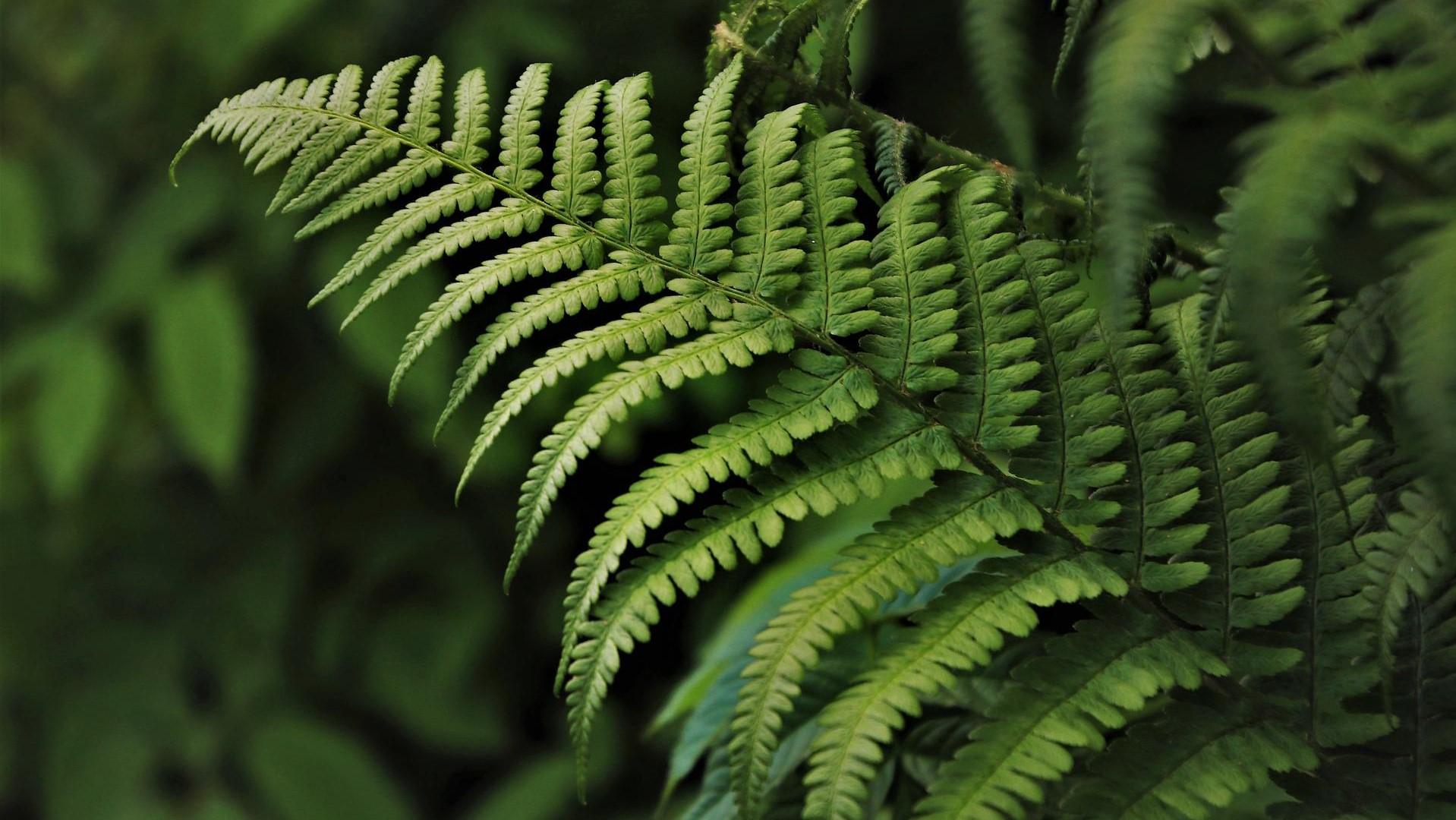
Submitted by Dr C.M. Martin-Jones on Wed, 31/08/2022 - 09:35
A new study, involving scientists from the University of Cambridge, has found that the evolution of land plants caused a sudden shift in the composition of Earth’s continents.
The research, which is published in the journal Nature Geoscience, investigated the effects of land plant evolution on Earth’s chemical composition over the past 700 million years.
The proliferation of plants completely transformed Earth’s biosphere – those parts of the planet’s surface where life thrives – paving the way for other continental organisms to follow.
“Plants caused fundamental changes to river systems, bringing about more meandering rivers and muddy floodplains, as well as thicker soils,” says Dr Christopher Spencer, at Queen’s University in Kingston, Ontario, lead author of the study.
Professor Neil Davies and Dr William McMahon from Cambridge's Department of Earth Sciences led the research on land plant colonization using the fossil record.
According to McMahon, "We've known for some time that the greening of the continents impacted sediment transport across the Earth's surface. This research shows the impact extended into Earth’s interior magmatic rocks, linking the evolution of Earth's biosphere to the functioning of its deeper internal processes."
Earth’s surface and deep interior are linked by plate tectonics – rivers flush mud into the oceans, and this mud then gets dragged into the Earth’s molten interior (or mantle) at subduction zones where it gets melted to form new rocks.
“When these rocks crystallise, they trap in vestiges of their past history,” says Dr Tom Gernon, from the University of Southampton and co-author of the study. “So, we hypothesised that the evolution of plants should dramatically slow down the delivery of mud to the oceans, and that this feature should be preserved in the rock record – it’s that simple.”
To test this idea, the team studied a database of over five thousand zircon crystals formed in magmas at subduction zones – essentially ‘time capsules’ that preserve vital information on the chemical conditions that prevailed on Earth when they crystallised.
The team uncovered compelling evidence for a dramatic shift in the composition of rocks making up Earth’s continents, which coincides almost precisely with the onset of land plants.
Notably, the scientists also found that the chemical characteristics of zircon crystals formed at this time indicate a significant slowing down of sediment transfer to the oceans, just as they had hypothesised.
The researchers show that vegetation changed not only the surface of the Earth, but also the dynamics of melting in Earth’s mantle.
“It is amazing to think that the greening of the continents was felt in the deep Earth,” concludes Dr Spencer. “Hopefully this previously unrecognised link between the Earth’s interior and surface environment stimulates further study.”
Christopher J. Spencer, Neil S. Davies, Thomas M. Gernon, Xi Wang, William J. McMahon, Taylor Rae I. Morrell, Thea Hincks, Peir K. Pufahl, Alexander Brasier, Marina Seraine, Gui-Mei Lu. Composition of continental crust altered by the emergence of land plants. Nature Geoscience, 2022; DOI: 10.1038/s41561-022-00995-2
